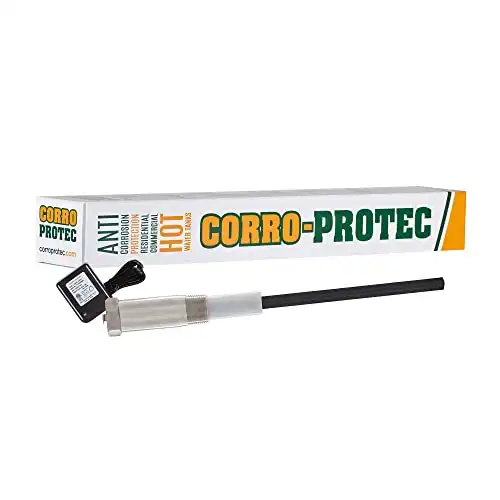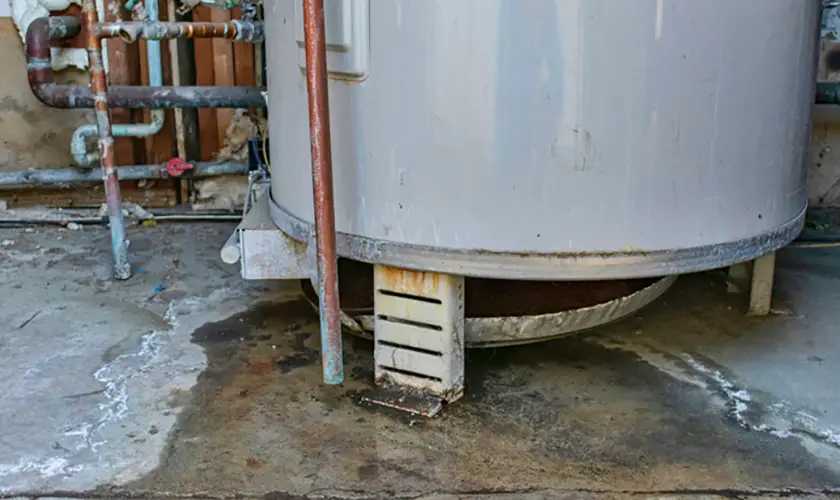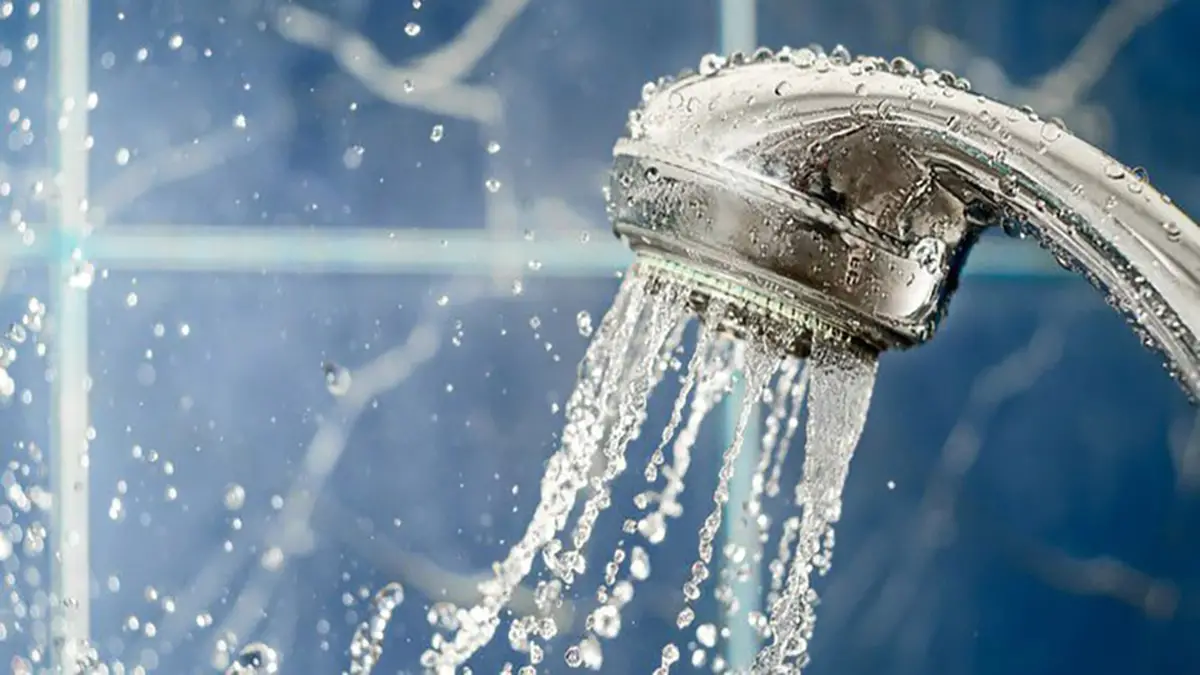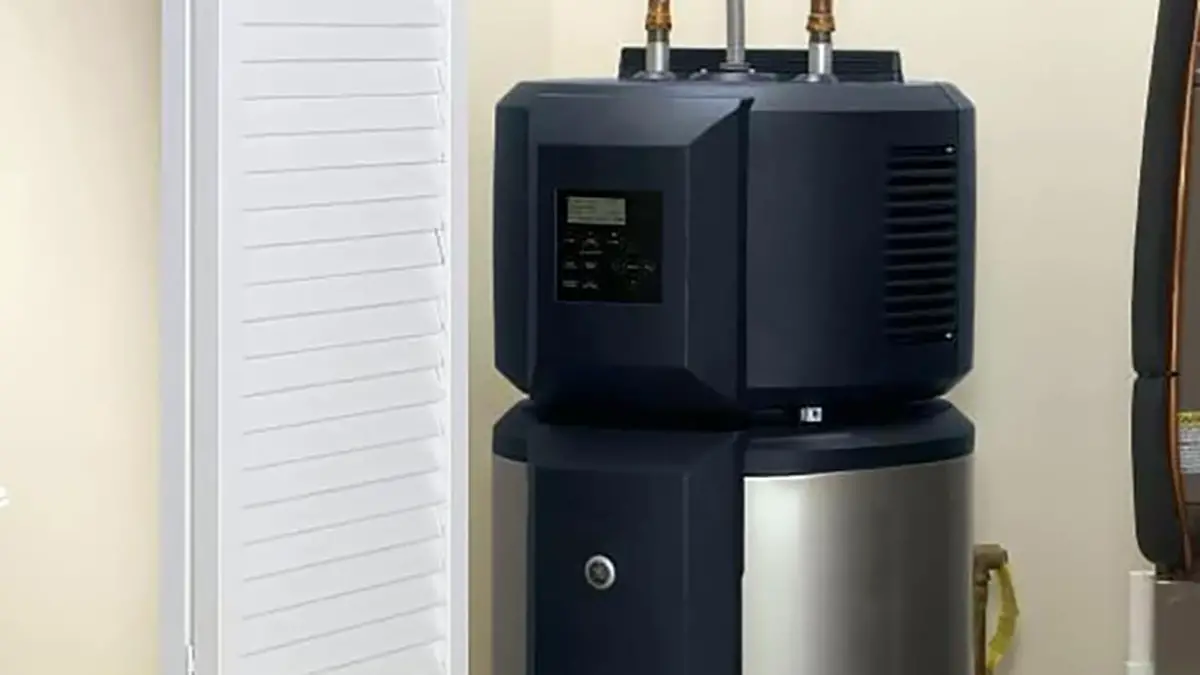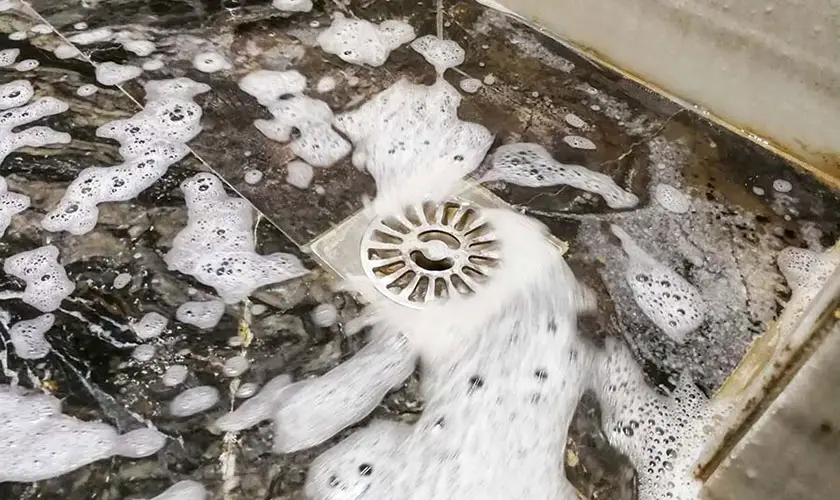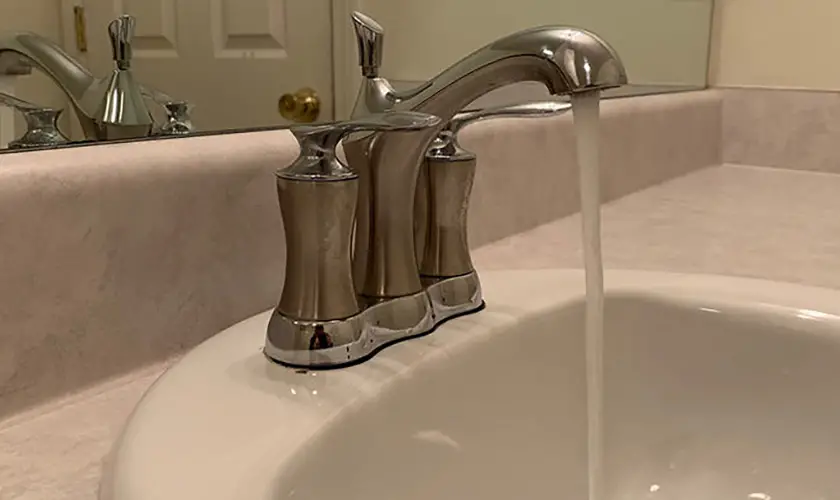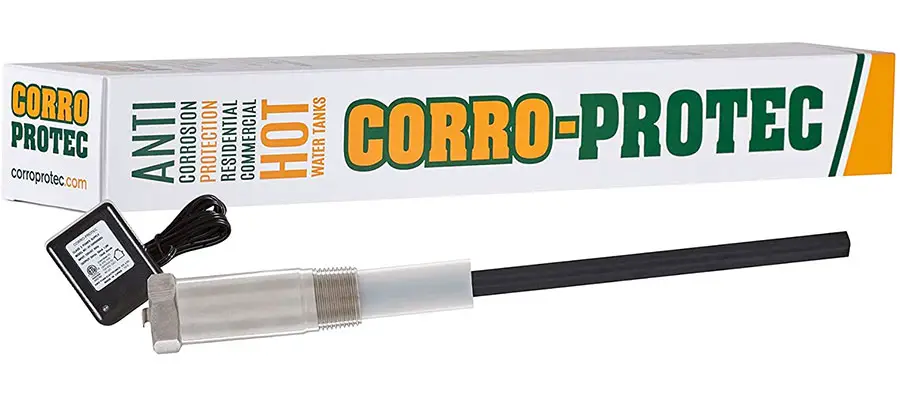
Powered anode rods work by neutralizing bacteria inside your water heater to prevent a “rotten egg” smell in your hot water from coming from the tank.
Powered anode rods work well at protecting the water heater tank against corrosion as well as controlling the bacteria inside your water heater tank. Powered anode rods are excellent at removing the sulfur-like “rotten egg” smell from your water heater tank.
There are many more reasons why I would recommend Electric anode rods. This article will share my knowledge and understanding of why electric anode nods are worth the investment.
Sounds good? Keep reading to discover more.
What are the Advantages of Powered Anode Rods?
There are many reasons why I would recommend electric anode rods. This section will discuss some of the advantages that make an electric anode rod worth the investment.
Stops Rust and Corrosion Inside the Water Heater Tank
Whenever your water heater tank is subjected to corrosive conditions, the magnetic anode rod releases electrons to the interior part of the water heater tank to protect it from corrosion.
Over time, the anode rod will deteriorate, and there will be limited protection from corrosion. Therefore, consider replacing it with an electric anode rod.
The powered anode rod combines well with the electrical current to offer protection from corrosion and rust. Besides, it increases the lifespan of the water heater tank.
Eliminates ‘Rotten Egg’ Smell in 24 hours
Sulfur bacteria usually cause a rotten egg smell. These bacterias are generally present in water and feed on sulfur to produce hydrogen sulfide gas. This gas dissolves in the water to give it a rotten egg odor.
This does not need to worry you since an electric anode rod eliminates this smell in just a few hours. Once the water heater unit is operational, the energy produced will prevent the rotten egg smell from coming out for many years.
How Long do Powered Anode Rods Last?
Generally, an anode rod can last three years to five years. However, the lifespan depends on various factors, such as water quality and how long water travels in the water heater tank.
Therefore, it is important to constantly check the condition of the anode rod and replace or change it every three years.
Doing this will help improve the water quality, reduce the possibilities of leakages, save on the cost of replacing the entire water heater unit and reduce the water heater tear and wear.
Can You Run a Water Heater Without an Anode Rod?
An anode rod is one of the most critical parts of your traditional water heater. This is because it helps prevent corrosion, rust, and other tank damaging effects caused by minerals and chemicals in the water.
However, you (or your plumber) need to check the anode rod and do the necessary replacement.
What is the Importance of Anode Rod in a Water Heater?
According to Leah Raeder, “You know, rust is simply oxidation. A similar chemical process like fire. Oxygen reacts with metals, and electrons drift from one element to another. Therefore, rust is a slow fire. And as such, water causes something to burn.”
For instance, there is steel, water, and heat in a water tank. These are perfect or conducive conditions for corrosion and rust.
Therefore, we need an anode rod to assist in counteracting or preventing those corrosion and rust conditions. And as such, they extend or improve the performance and lifespan of the water heater.
The anode rod does this by eroding itself. As it wears off, it produces electrons into your water tank heater. This helps slow down or prevent rusting and corrosion inside the water tank.
This is why you will always hear most plumbers calling anode rod the ‘sacrificial lamb’ of the water heater. Besides, that explains why anode rod often fails ahead of the water heater.
How Does Anode Rod in a Water Heater Work?
It is important to note that, for an anode rod to work perfectly in a water heater, it must or need to have a more negative and lower electrochemical voltage than the one possessed by the water heater’s metal to be protected.
All steel metals have a negative voltage. However, the lower or more negative the voltage, the more active your steel metal is considered to be.
The highly negatively charged electrons cause a higher voltage to move from the anode rod to the steel metal tank. This causes the anode rod to rust instead of the water heater tank.
Likewise, anode rods are weaker steel metals that take the impact and effect of the rust elements before the more robust steel that makes up the composition of the water heater tank.
Is it Worth Changing the Anode Rod in the Water Heater?
It can be a mess whenever the water heater bursts. This is because water can damage the interior of your home. Besides, the water can be a mess and hard to clean up.
It is therefore vital and worth changing your anode rod every 3-5 years.
Most water heaters can last over 30 years without experiencing leakage risks and water damage. However, if you ignore this water heater maintenance practice (changing the anode rod), you might be forced to replace or change the whole water heater after eight years of use.
You should not be worried about the cost of changing the anode rod. This is because it is generally cheap and affordable.
For instance, buying a new anode rod will cost you not more than $25 and up to $150 per hour for a professional plumber to do the replacement. This is a reasonable amount compared to changing the entire water heater. It might cost you over $1,500 to replace the whole water heater.
What are the Signs that You Need to Change the Anode Rod?
You should take a keen look at many things to determine the need for changing the anode rod. In this section, I will provide some of the signs that you need to take a look at;
- While heating, the water heater starts making multiple popping or loud noises. This is a sign of potential hardening mineral sediments and corrosion.
- Another sign is that you will start noticing rusty-looking water. This is a signal of a corroding or rusting water heater unit. Besides, it shows that the anode rod is reaching the end of its lifespan. You should therefore contact your plumber before leakages and cracks begin to occur.
- Leakage or obvious corrosion is another reason you should replace your anode rod. For instance, you should contact a plumber to replace or change the anode rod as soon as you notice water around the water heater.
- Water softeners are yet another sign that you should change the anode rod. For instance, you should check the anode rod often, at least once a year, to check for the presence of water softeners. Usually, water softeners accelerate the corrosion of the anode rod.
- An extended lifespan of the water storage heater. For instance, the cost of changing an anode rod is cheaper compared to that of changing the whole water heater. Therefore, consider changing the anode rod whenever your water heater nears the end of its lifespan.
- Water gets colder or not as hot as usual. This could be due to excess sediments at the base of the water heater unit or failing heating elements. If you notice such, consider changing the anode rod.
- The hot water begins to produce a ‘rotten egg’ smell. This is a notable sign that the anode rod needs to be changed or replaced.
- The faucet aerators clog often. Besides, consider changing the anode rod whenever you notice a slimy gel element while cleaning your faucet aerator.
- The presence of acidic water. For instance, consider checking and changing your anode rod more frequently if you have acidic water. This is because acidic water is a favorable condition that accelerates corrosion of the anode rod.
- You also need to consider changing the anode rod whenever the water heater is over five years old. For instance, check the label on either side of the water heater to know the age of your water heater. Besides, you can also check the manufacturer’s website for more information about this age data.
How Frequent Should You Change the Anode Rod?
Most plumbers and water heater tank manufacturers recommend that you check your anode rod’s condition every year to three years. If you notice that 50% or half of it has been consumed, consider changing or replacing it.
It is important to note that many factors affect the lifespan of your anode rod. For instance, some of the factors include:
- The kind or type of water you are using.
- How well your water heater unit is maintained.
- The type of anode rod that you are using.
- How hot your water is.
- The amount of hot water that your household or family uses.
One factor that primarily affects the lifespan of an anode rod is your water’s chemical composition or properties. For instance, the anode rod will likely corrode or rust quickly if your water is acidic.
Therefore, you will be required to change the anode rod frequently. For instance, replace it whenever you spot corrosion on the anode rod.
The material used to make your anode rod is another factor. For instance, the majority of anode rods are made of magnesium. These materials corrode or rust easily and quickly.
Therefore, if you have hard water with a high concentration of magnesium, calcium, or other dissolved minerals, you need to avoid using anode rods made of magnesium material.
However, if you use magnesium anode rods, consider checking and changing the anode rod frequently, for instance, after every few years.
We also have anode rods that are made from aluminum materials. You should consider using them if you are using hard water. They have a longer lifespan and are affordable compared to magnesium anode rods.
For aluminum anode rods, you should check and change them after, say, 20 years.
As for electrical anode rods, they are designed not to rust at all. For instance, they send negative electrons into the water heater tank, thus protecting it from rust and corrosion.
Powered anode rods last the entire lifespan of the water heater tank. Therefore, you do not need to change electric anode rods as frequently as magnesium or aluminum anode rods.


